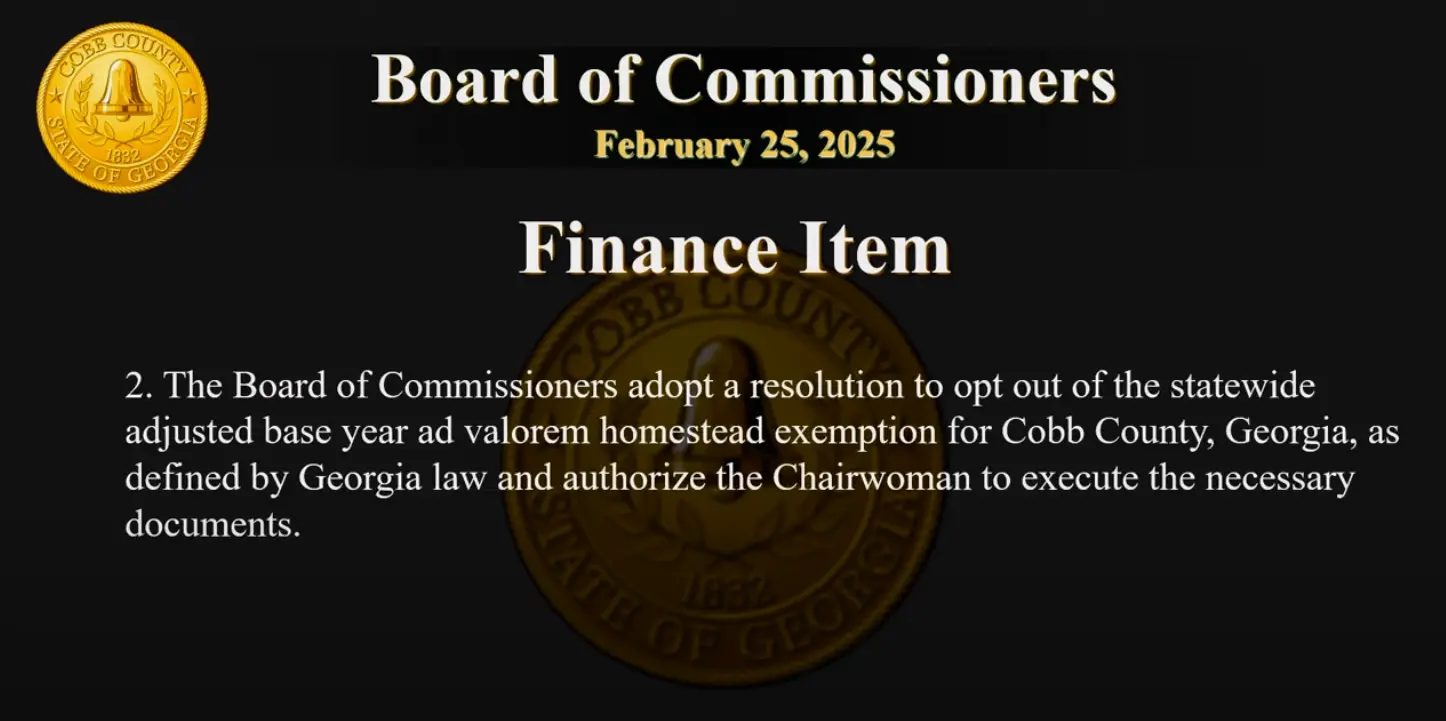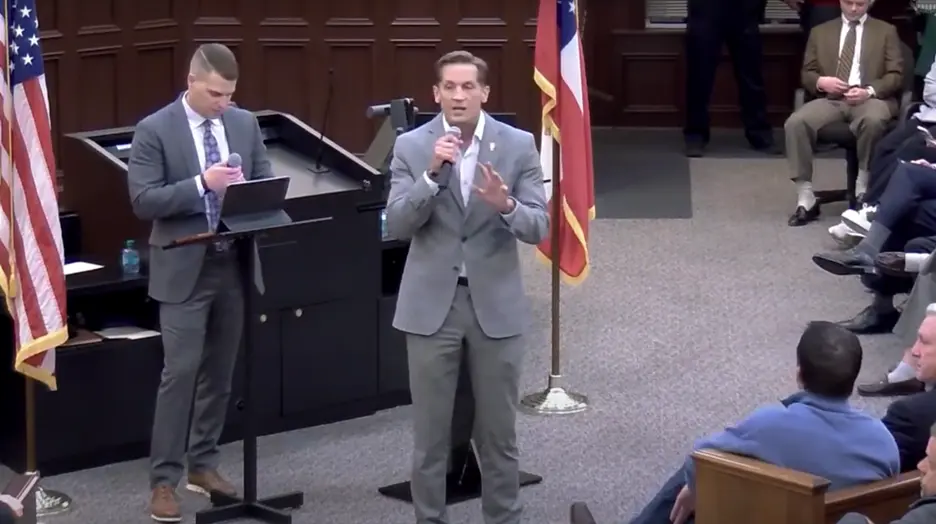In a decisive move to uphold the rule of law and protect Georgia’s communities, the Republican-led State Senate passed Senate Bill 21 (SB 21) on Thursday, targeting “sanctuary” policies that limit cooperation with federal immigration authorities.
This legislation, championed by Sen. Blake Tillery (R-Vidalia), aims to waive sovereign immunity for local governments that adopt sanctuary policies, holding them legally accountable for any harm resulting from their non-compliance with state and federal immigration laws.
“This bill gives teeth to Georgia law,” Tillery said, emphasizing the necessity of the measure. “We currently have laws in place regarding immigration, but some of those laws in Georgia are not being followed. Senate Bill 21 ensures that local government officials in Georgia must follow state law.”
Under SB 21, if a local governing body violates Georgia’s prohibition on sanctuary policies, both the sovereign immunity of the local government and the governmental immunity of its officials and employees are waived, opening the door for civil suits. Lt. Governor Burt Jones, a strong proponent of the bill, applauded the Senate’s action.
“Today, the Republican-led State Senate took a significant step toward increasing security for our local communities and all of Georgia,” Jones said. “If you enter our country illegally, you are breaking the law, period. While President Donald Trump fights on the national level to secure our borders and keep illegal immigrants off the streets, we will do the same in Georgia.”
The Dangers of Sanctuary Cities
Opponents of sanctuary policies argue that these measures endanger public safety by providing safe havens for individuals with criminal backgrounds.
A well-documented case involved Edwin Ramos, an undocumented immigrant and MS-13 gang member who, despite prior offenses, was shielded by San Francisco’s sanctuary policies. In 2008, Ramos murdered Tony Bologna and his two sons, a tragedy that spotlighted the dangers of non-cooperation with federal authorities.
Closer to home, Georgia has faced its share of heartbreak. In Athens, Georgia, 22-year-old nursing student Laken Riley was brutally murdered by an undocumented immigrant who had been released in New York City—a sanctuary city—despite being flagged by federal immigration authorities.
These preventable tragedies underscore the real-world consequences of sanctuary policies.
Beyond public safety, sanctuary cities also create legal and economic burdens. Critics point out that these jurisdictions defy federal law, eroding the nation’s legal framework.
Economically, cities like New York have struggled to manage the costs associated with their policies. A $2.1 billion state fund designated for illegal immigrants’ unemployment and stimulus benefits was depleted within months.
Building on Previous Efforts
SB 21 builds on the momentum of previous legislation. In 2024, Georgia’s House Bill 1105 required jailers to hold any suspect believed to be in the country illegally if that person was wanted by U.S. Immigration and Customs Enforcement (ICE).
The recent federal Laken Riley Act, signed by President Trump, gives ICE more authority to detain illegal immigrants charged with certain crimes, further equipping law enforcement to protect communities.
Senator John Albers’ Perspective
Senator John Albers (R-Roswell), chair of the Senate Public Safety Committee, addressed concerns about the bill’s impact on immigrant communities. He emphasized the importance of enforcing existing laws and ensuring public safety.
“I don’t think anyone speaks for an entire community,” Albers stated during a committee meeting. “In fact, our majority caucus chairman, (Sen.) Jason Anavitarte, and several Latino groups fully support this legislation.”
Albers also highlighted the absence of opposition from law enforcement officials. “No sheriffs came to protest the bill,” he noted, underscoring the support from local law enforcement agencies.
Cobb County Sheriff Craig Owens’ Opposition
However, not all local law enforcement leaders are in favor of such measures. Cobb County Sheriff Craig Owens has been a vocal opponent of programs that intertwine local law enforcement with federal immigration enforcement. Shortly after taking office in 2021, Sheriff Owens ended Cobb County’s participation in the 287(g) program, which authorized local deputies to perform certain immigration enforcement duties under ICE supervision.
He argued that immigration enforcement is a federal responsibility and that local involvement can erode community trust. “I don’t think it’s a function that local law enforcement should be doing,” Owens stated. The Sheriff went on to previously say, “I really think it’s a function of the federal government.”
Sheriff Owens has also expressed concerns about the potential negative impact of such legislation on community relations and public safety. He believes that involving local law enforcement in immigration matters can deter immigrant communities from reporting crimes or cooperating with police, thereby undermining public safety efforts.
By passing SB 21, Georgia’s Republican leadership has reinforced its commitment to the rule of law and public safety. The legislation sends a clear message that local governments must comply with state and federal immigration laws—or face the consequences.
As Sen. Tillery said, “All we are saying is that local government officials in Georgia have to follow state law. That’s not too much to ask.”







